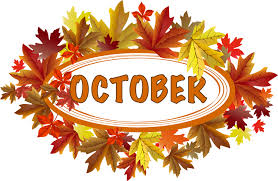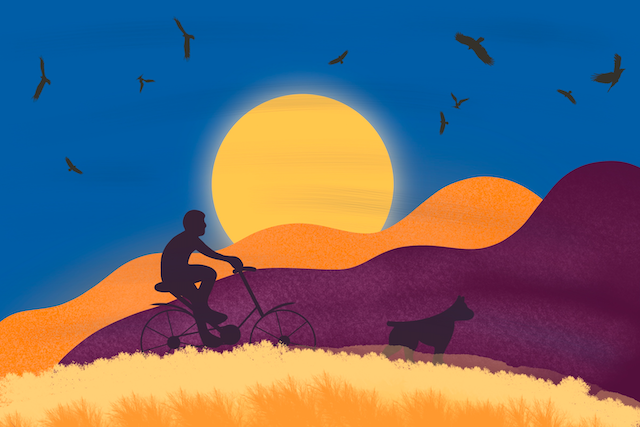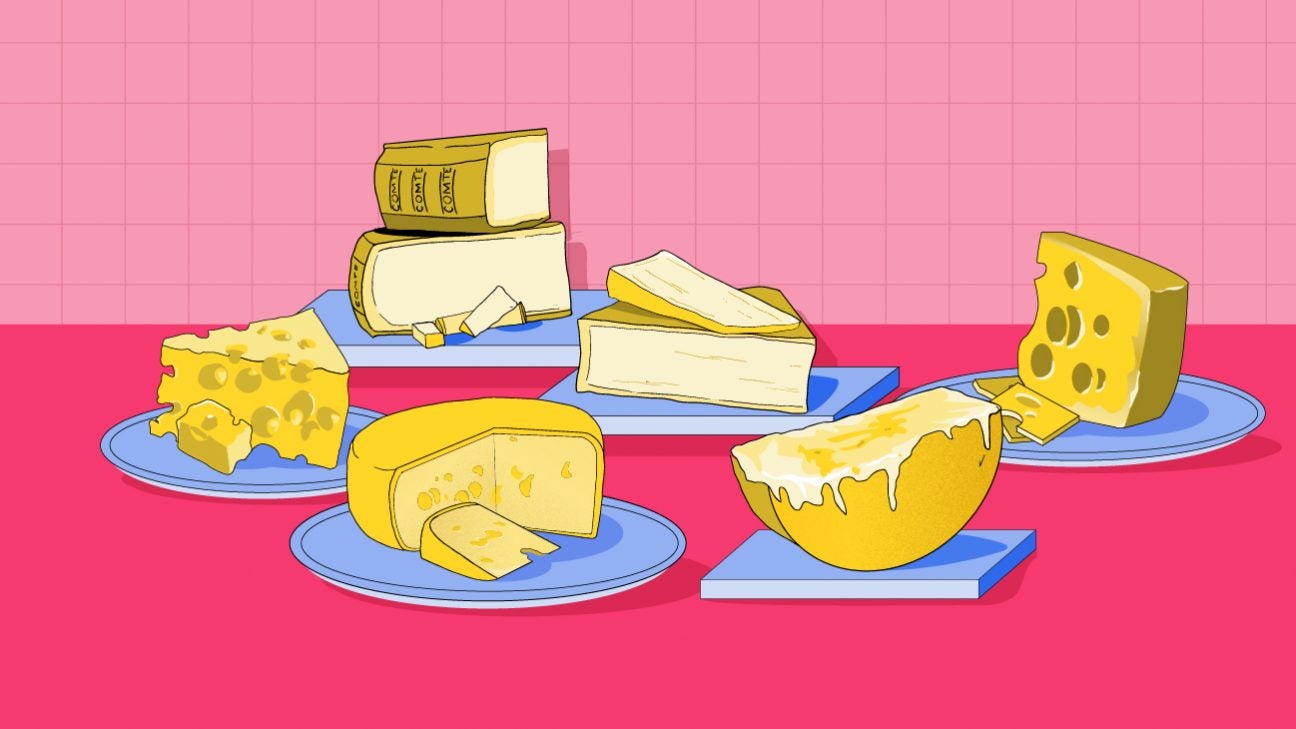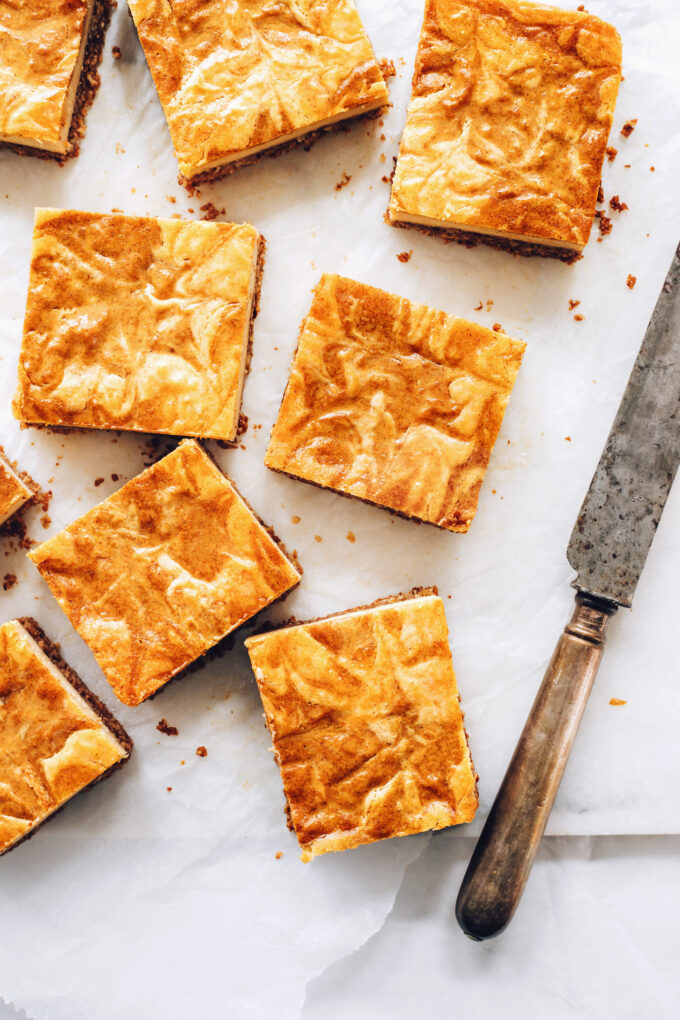Source https://www.ageinplacetech.com/blog/did-you-miss-one-four-techaging-blog-posts-october-2021
 It’s 2021 — are older adults well-served by technology? Some progress of sorts has been made — Apple and Amazon seem interested in the older adult segment. smartphones are being adopted by the majority of older adults, including those aged 70+. That’s despite their touchy screens, inconsistent app designs, and now silly warnings about app tracking on Apple devices. Those self-righteous warning are especially amusing, given that Gmail is the most <a href="https://techjury.net/blog/gmail-statis…
It’s 2021 — are older adults well-served by technology? Some progress of sorts has been made — Apple and Amazon seem interested in the older adult segment. smartphones are being adopted by the majority of older adults, including those aged 70+. That’s despite their touchy screens, inconsistent app designs, and now silly warnings about app tracking on Apple devices. Those self-righteous warning are especially amusing, given that Gmail is the most <a href="https://techjury.net/blog/gmail-statis…
Senior Planet Book Club: Erotic Stories for Punjabi Widows (Final Week)
Source https://seniorplanet.org/senior-planet-book-club-erotic-stories-for-punjabi-widows-final-week/
Let’s finish the book! Join us on Thursday, 11/4 for a discussion over Zoom.
The post Senior Planet Book Club: <em>Erotic Stories for Punjabi Widows</em> (Final Week) appeared first on Senior Planet.
…
Source https://seniorplanet.org/senior-planet-book-club-erotic-stories-for-punjabi-widows-final-week/
Let’s finish the book! Join us on Thursday, 11/4 for a discussion over Zoom.
The post Senior Planet Book Club: <em>Erotic Stories for Punjabi Widows</em> (Final Week) appeared first on Senior Planet.
…
Start Your Day Right with the Magic Morning Mindset
Source http://feedproxy.google.com/~r/tinybuddha/~3/0jmvIT_z4U4/

“What nine months of attention does for an embryo forty early mornings alone will do for your gradually growing wholeness.” ~Rumi
We would likely all agree that manicures, baths, and cozy movie nights on the couch all fall under the umbrella of self-care. But I believe that it’s time—actually, beyond time—to go deeper and re-claim what self-care truly means. It’s also time to see self-care as imperative, and to move it from the lonely bottom of our to-do list and plant it firmly at the very top.
For me, self-care has become my fuel and my fire. When I claim time on my calendar on a regular basis for things like play, …
Source http://feedproxy.google.com/~r/tinybuddha/~3/0jmvIT_z4U4/

“What nine months of attention does for an embryo forty early mornings alone will do for your gradually growing wholeness.” ~Rumi
We would likely all agree that manicures, baths, and cozy movie nights on the couch all fall under the umbrella of self-care. But I believe that it’s time—actually, beyond time—to go deeper and re-claim what self-care truly means. It’s also time to see self-care as imperative, and to move it from the lonely bottom of our to-do list and plant it firmly at the very top.
For me, self-care has become my fuel and my fire. When I claim time on my calendar on a regular basis for things like play, …
Podcast 312 | Spontaneous Combustion
Source https://www.theminimalists.com/p312/
By · Follow: Facebook, Twitter, Instagram

In this episode of The Minimalists Podcast, Joshua and Ryan discuss The Minimalists’ Spontaneous Combustion Rule as it applies to material possessions, relationsh…
Source https://www.theminimalists.com/p312/
By · Follow: Facebook, Twitter, Instagram

In this episode of The Minimalists Podcast, Joshua and Ryan discuss The Minimalists’ Spontaneous Combustion Rule as it applies to material possessions, relationsh…
FREE Online Summit, Activating Hope, Starts on Thursday!
Source http://feedproxy.google.com/~r/tinybuddha/~3/XJt4Lclsyco/
“Hope is what enables us to keep going in the face of adversity.” ~Jane Goodall
Hi friends! As you may know, I’m always on the lookout for free events that can help us be our best selves and create a better world. With this in mind, I’m excited to invite you to a FREE online summit, starting this week—Activating Hope: Together We Can, Together We Will.
Considering the division and chaos in the world today, it’s not easy to hold onto…
Source http://feedproxy.google.com/~r/tinybuddha/~3/XJt4Lclsyco/
“Hope is what enables us to keep going in the face of adversity.” ~Jane Goodall
Hi friends! As you may know, I’m always on the lookout for free events that can help us be our best selves and create a better world. With this in mind, I’m excited to invite you to a FREE online summit, starting this week—Activating Hope: Together We Can, Together We Will.
Considering the division and chaos in the world today, it’s not easy to hold onto…
Glial Cells and the Propagation of Tau through the Brain in Tauopathies
Tauopathies like Alzheimer’s disease are characterized by the spread of tau aggregates through the brain. Tau is one of the few molecules in the body that can become altered in a way that encourages other copies of the same molecule to also alter, causing aggregates to form. These aggregates and their surrounding biochemistry are disruptive to cell function and toxic to cells. A number of neurodegnerative conditions are associated with protein aggregates of amyloid-β, α-synuclein, and tau. The mechanisms by which this spread occurs are debated, but researchers <a href="https://www.fightaging.org/archives/2021/08/a-bidirectional-relationship-between-pathological-tau-aggregation-and-senescent-…
Tauopathies like Alzheimer’s disease are characterized by the spread of tau aggregates through the brain. Tau is one of the few molecules in the body that can become altered in a way that encourages other copies of the same molecule to also alter, causing aggregates to form. These aggregates and their surrounding biochemistry are disruptive to cell function and toxic to cells. A number of neurodegnerative conditions are associated with protein aggregates of amyloid-β, α-synuclein, and tau. The mechanisms by which this spread occurs are debated, but researchers <a href="https://www.fightaging.org/archives/2021/08/a-bidirectional-relationship-between-pathological-tau-aggregation-and-senescent-…
Pumpkin Swirl Cheesecake Bars (Vegan + GF)
Source https://minimalistbaker.com/pumpkin-swirl-cheesecake-bars-vegan-gf/
Friends, they’re here! Your new favorite fall dessert has arrived. After the success of our Apple Butter Cheesecake Bars and Strawberry Cheesecake Bars, we knew what we had to do: Pumpkin Cheesecake Bars! All the best parts of creamy cheesecake and sweet and spicy pumpkin pie combine in a glorious, decadent, and surprisingly easy dessert. Not only that, but they’re gluten-free and plant-based too!
Whether you’re making them for the holiday table or whipping up a batch …
Source https://minimalistbaker.com/pumpkin-swirl-cheesecake-bars-vegan-gf/
Friends, they’re here! Your new favorite fall dessert has arrived. After the success of our Apple Butter Cheesecake Bars and Strawberry Cheesecake Bars, we knew what we had to do: Pumpkin Cheesecake Bars! All the best parts of creamy cheesecake and sweet and spicy pumpkin pie combine in a glorious, decadent, and surprisingly easy dessert. Not only that, but they’re gluten-free and plant-based too!
Whether you’re making them for the holiday table or whipping up a batch …
Why We Need to Put Ourselves First and Prioritize Our Own Happiness
Source http://feedproxy.google.com/~r/tinybuddha/~3/R44qG8aRyxU/

“Putting yourself first is not selfish. Quite the opposite. You must put your happiness and health first before you can be of use to anyone else.” ~Simon Sinek
If you’re someone who cares deeply for the people in your life, you may want to do anything you can for them. This devotion isn’t always reciprocated. Not to say we should only think of things in a transactional nature, but sometimes we can selflessly give ourselves away to people who are careless with our own needs.
It often leaves us feeling like we’re being taken advantage of.
It often leaves us feeling depleted, empty, and resentful.
It often leaves us feeling like we’re trying to make everyone else happy, yet we’re miserable.
Instead of doing things because …
Source http://feedproxy.google.com/~r/tinybuddha/~3/R44qG8aRyxU/

“Putting yourself first is not selfish. Quite the opposite. You must put your happiness and health first before you can be of use to anyone else.” ~Simon Sinek
If you’re someone who cares deeply for the people in your life, you may want to do anything you can for them. This devotion isn’t always reciprocated. Not to say we should only think of things in a transactional nature, but sometimes we can selflessly give ourselves away to people who are careless with our own needs.
It often leaves us feeling like we’re being taken advantage of.
It often leaves us feeling depleted, empty, and resentful.
It often leaves us feeling like we’re trying to make everyone else happy, yet we’re miserable.
Instead of doing things because …
Inner peace? There’s an App for that!
Source https://seniorplanet.org/inner-peace-theres-an-app-for-that/
Can you find inner peace with an app on your smartphone?
The post Inner peace? There’s an App for that! appeared first on Senior Planet.
…
Source https://seniorplanet.org/inner-peace-theres-an-app-for-that/
Can you find inner peace with an app on your smartphone?
The post Inner peace? There’s an App for that! appeared first on Senior Planet.
…
The 11 Best Melting Cheeses, Ranked!
Source https://greatist.com/eat/best-melting-cheese-ranked
Which one should star in your grilled cheese sandwich?

There’s nothing quite like a grilled cheese sandwich to simultaneously satisfy your lunchtime hunger pangs and make you feel like a kid again. But this classic isn’t just for youngsters! There are ways to elevate it, to make your grilled cheese sandwich truly amazing. It’s all in the ingredients.
Cheese lover …
Source https://greatist.com/eat/best-melting-cheese-ranked
Which one should star in your grilled cheese sandwich?

There’s nothing quite like a grilled cheese sandwich to simultaneously satisfy your lunchtime hunger pangs and make you feel like a kid again. But this classic isn’t just for youngsters! There are ways to elevate it, to make your grilled cheese sandwich truly amazing. It’s all in the ingredients.
Cheese lover …

